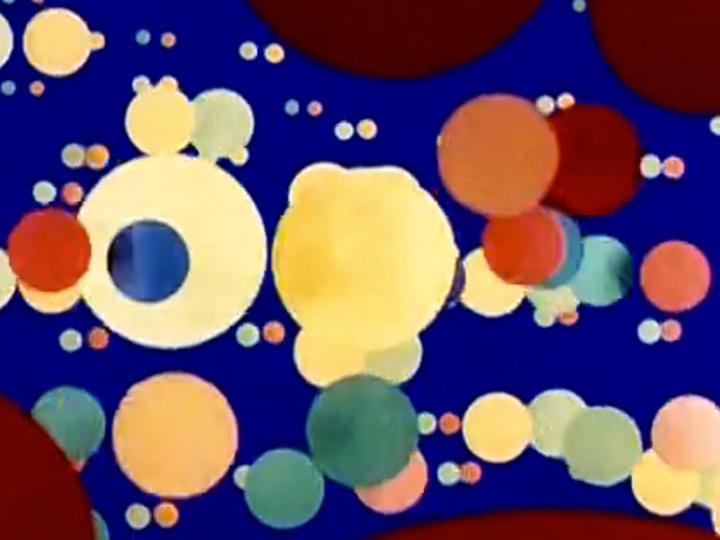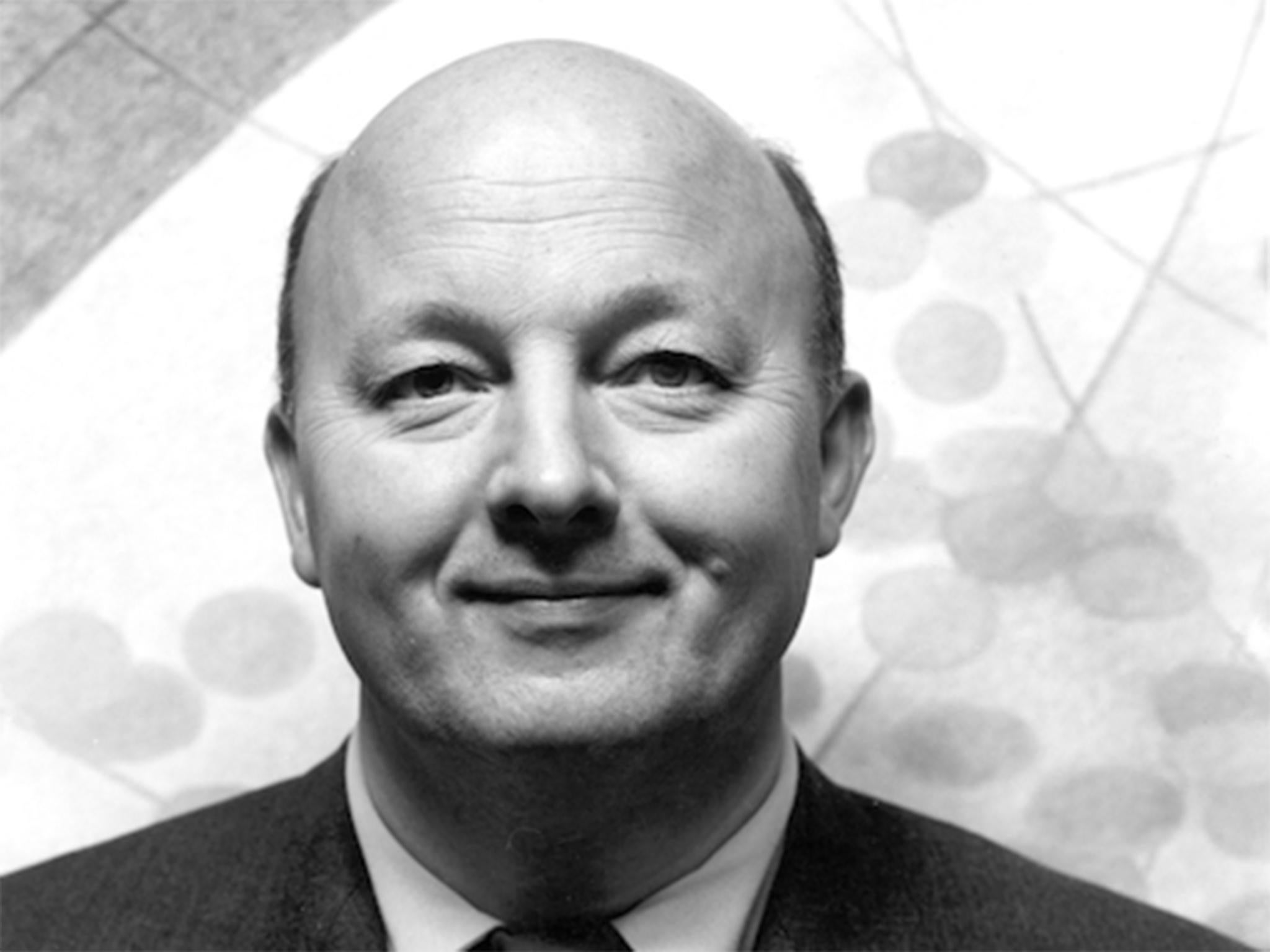The Independent's journalism is supported by our readers. When you purchase through links on our site, we may earn commission.
Oskar Fischinger: Pioneering animator's most psychedelic films
Long before the dawn of digital post-production the abstract animator worked on some of his animations for months or even years

The phrase “before their time” has been so overused it has become hackneyed and devoid of meaning but for Oskar Fischinger it remains wholly appropriate.
Decades before the advent of sophisticated computer software, the pioneering German-American abstract animator created intrepidly ingenious films. He would slave over some of the frame-by-frame stop-motion animations, which were synchronised to music, for months or even years at a time.
Today, Fischinger’s ongoing legacy is being honoured with a Google Doodle which lets you create your very own art in Fischinger’s distinctive style on what would have been the filmmaker’s 117th birthday.

The artist, who made over 50 short films and painted around 800 canvasses in his lifetime, could probably be best summed up by one of his most famous quotes: “Music is not limited to the world of sounds. There exists a music of the visual world”.
Born at the turn of the century in 1900 near Frankfurt, Fischinger trained as a violinist and organ-builder before taking up an interest in film and relocating to Berlin where his abstract films became well-liked - shown beside newsreels in cinemas spanning Europe and America and even Asia.
But like many artists and intellectuals in Nazi Germany, he was forced to flee the regime, opting to relocate to the hills of Hollywood in 1936. Before long, the animator, who was born near Frankfurt in 1990, was contributing sequences to Walt Disney's Fantasia and Pinocchio from his Paramount Pictures office.
Here is a selection of some of Fischinger’s greatest animations.
An Optical Poem (1938)
Studie Number 8 (1931)
Composition in Blue (1935)
Kreise (1934)
Motion Painting Number 1 (1947)
This is often perceived to be Fischinger's masterpiece but cannot be watched online. It can be purchased here.
Join our commenting forum
Join thought-provoking conversations, follow other Independent readers and see their replies
Comments
Bookmark popover
Removed from bookmarks